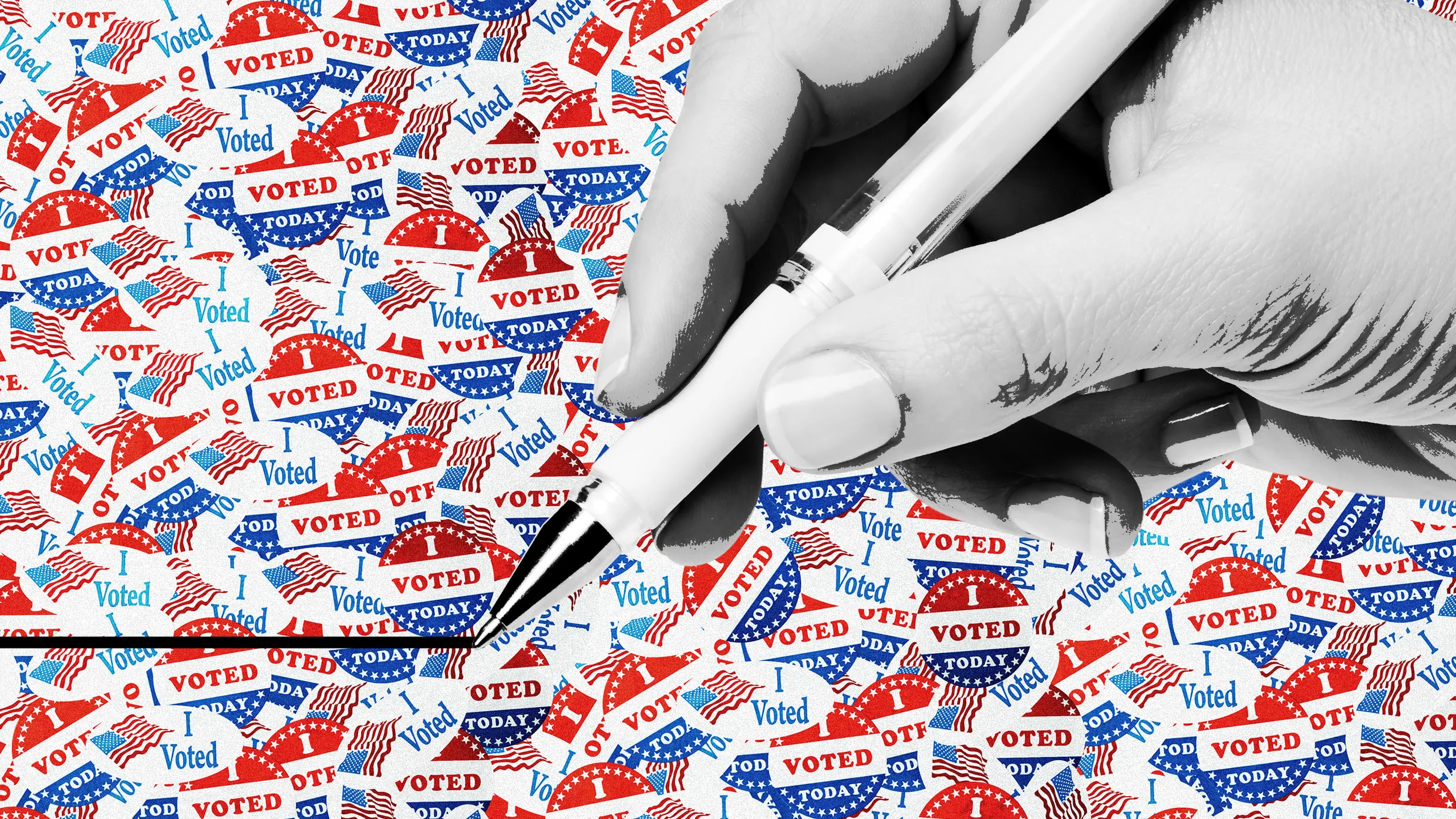Internet Culture Meets Politics: TikTok’s Meme Write-in Votes

Internet Culture Meets Politics
In an unexpected turn, internet culture is reshaping politics as TikTok users boldly write in memes as their presidential picks. While some rage-baiting TikTok and X users choose to dismiss mainstream candidates like Kamala Harris and Donald Trump, a subset of voters finds humor in using the write-in option for their favorite memes. This evolution not only highlights the power of social media but also invites a deeper conversation about contemporary political engagement.
The Rise of Meme Write-In Votes
At the bottom of certain presidential ballots, select states provide voters the opportunity to write in their preferred candidates. Many users on TikTok have taken this chance to annotate their ballots with creative entries, showcasing names like “Tanka Jahari” as a satirical take on traditional voting methods. This trend has sparked curiosity, prompting questions about the impact of memes on election narratives.
- Users engage through humor and satire.
- Striking examples include popular Twitch streamers and viral meme references.
- Social media algorithms now prioritize these memes, influencing broader cultural discussions.
Implications for Political Participation
The intersection of internet culture and politics reflects a significant shift in political participation. As memes dominate platforms like TikTok, they reshape how voters engage with traditional election processes. This not only captures the attention of a younger audience but also poses questions regarding the future of voter engagement as entertainment and politics continue to intertwine.
This article was prepared using information from open sources in accordance with the principles of Ethical Policy. The editorial team is not responsible for absolute accuracy, as it relies on data from the sources referenced.